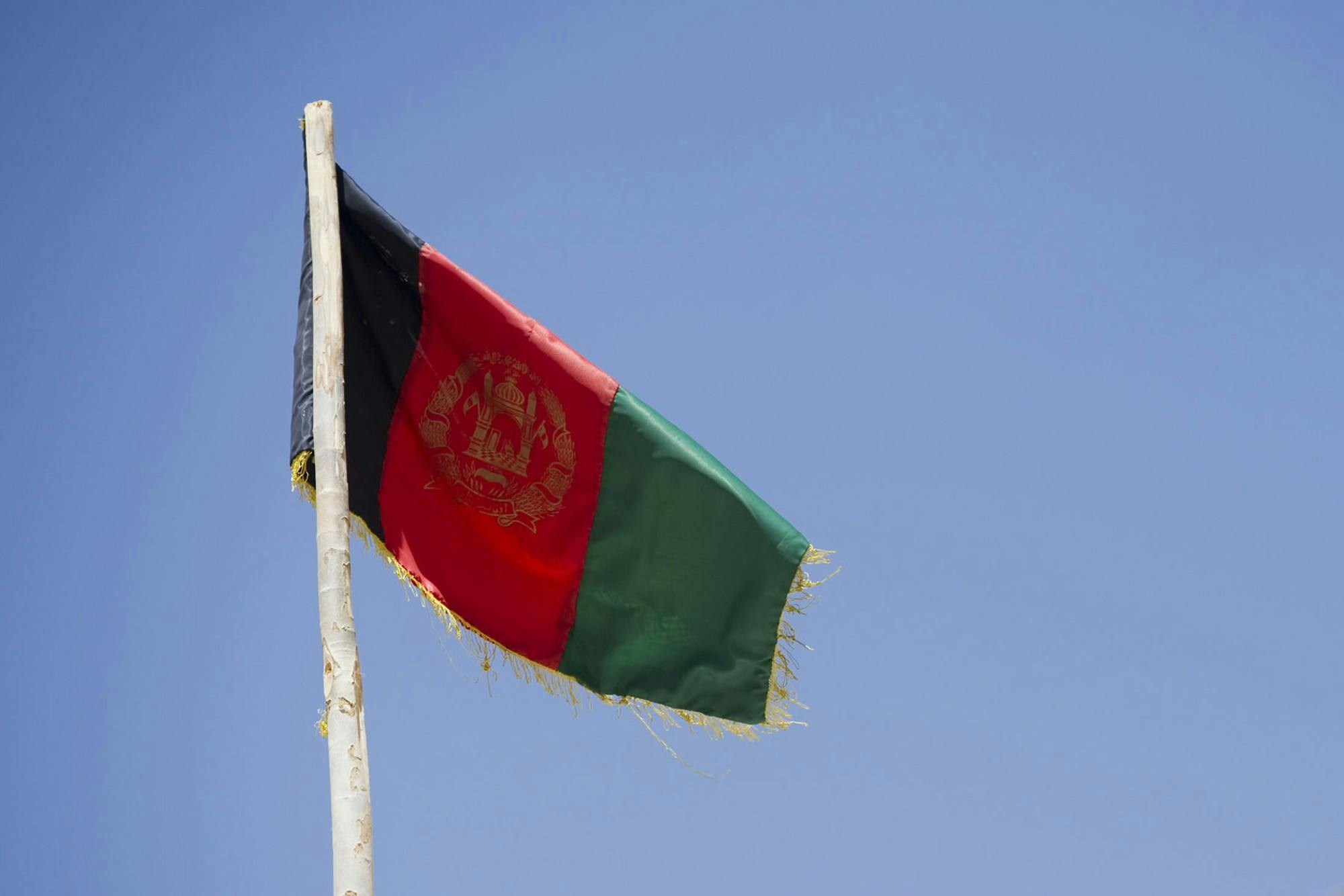Recent developments in Afghanistan have spurred discussions among community members on campus and in the Upper Valley about American foreign policy in Afghanistan and humanitarian assistance to Afghan refugees.
President Joe Biden announced on April 14 that the U.S. would begin withdrawing troops on May 1 and conclude by Sept. 11, the 20th anniversary of the attacks that spurred the war in Afghanistan. By mid-August, the Taliban — an Islamist group that governed Afghanistan from 1996 to 2001, until it was overthrown by the U.S. invasion — re-seized power in Afghanistan and took over the capitol, Kabul.
The last U.S. military plane left Afghanistan on Aug. 31. Since then, thousands of Afghan refugees have arrived in the U.S., and resettlement agencies have been told to expect at least 50,000 more in the coming months.
On Aug. 21, the John Sloan Dickey Center for International Understanding and the American Academy in Berlin co-hosted a panel titled “Afghanistan: What on Earth Happened, What Do We Have to Worry About Next?” that featured government professor James Lyall and former German ambassador to Pakistan Martin Kobler. The panel, moderated by former Dickey Center director Daniel Benjamin, discussed the collapse of the Afghan government and its impact on regional relationships with neighboring countries like Pakistan and Iran.
On Aug. 29, Sebastian Muñoz-McDonald ’23 — an intern at Military Families Speak Out, a group that advocated against the war in Afghanistan — organized a community discussion at Kemeny courtyard titled “Welcome Our Loved Ones Home from Afghanistan,” where attendees discussed their thoughts on military withdrawal.
Joe Fausey ’23, who attended the event and whose father served in Afghanistan, said that he was surprised that Biden “stuck to the buck” with the timeline for withdrawal.
“The war in Afghanistan has been going on for my entire life, and I’d always see the headlines about how we would only be there ten more years or that they were going to start sending troops home, but it never really materialized,” Fausey said. “At times, it felt endless.”
Muñoz-McDonald said that the decision to withdraw troops from Afghanistan was “overdue.”
“It was a necessary step in peace building, at least when it comes to preventing future conflict and making up for the mistakes that we've made in engaging in endless war, especially in the Middle East,” Muñoz-McDonald said.
While the majority of Americans favor U.S. troop withdrawal from Afghanistan, many think that the Biden administration mishandled the withdrawal itself. According to a poll conducted by the Pew Research Center between Aug. 23 and Aug. 29, 54% of U.S. adults say the decision to withdraw troops from the country was the right one, but only 26% of Americans rated the Biden administration’s handling of the situation as “excellent” or “good.”
Muñoz-McDonald said that he believes the Taliban’s takeover of Afghanistan is an “unfortunate result” of the “destabilization” caused by the U.S’s entry into and occupation of Afghanistan.
“The U.S.’ initial entry into Afghanistan was a destabilizing force that created conditions for violent extremism to arise in opposition to American military presence,” he said. He added that during the American military presence in Afghanistan, over 2,400 US troops died and that U.S. weapons strikes and bombings also killed and wounded many Afghan women and children.
Mellon postdoctoral fellow and Afghan refugee Najwa Mayer said that the U.S. should have never invaded and occupied Afghanistan to begin with, and urged the Dartmouth community to be mindful of language when talking of the war in Afghanistan.
“Our language about the war’s ‘end,’ and even its 20-year periodization, disguises the U.S.’ decades of past — pre-2001 — and future imperial involvement in Afghanistan without troops on the ground,” Mayer said. “For Afghanistan, this is not the ‘end’ of war but another phase in generations of war fomented by multiple empires in the country. The U.S.’ distance warfare — drones — which has caused countless and uncounted civilian deaths, will surely persist, as will its support of regional collaborators in a global war on terror that has killed nearly a million people, mostly in Asia and Africa.”
Mayer encouraged Dartmouth students to turn to organizations like Afghans for a Better Tomorrow and Afghan Diaspora for Equality to find mutual aid projects that they can engage with to support Afghan refugees.
“My family and I were refugees to this country and it was, foremost, the work of mutual aid projects that supported my parents' ability to find work and basic resources,” Mayer said.
Mayer also said that the U.S “must be accountable to the refugees that it creates,” and suggested that community members contact their congressional representatives.
According to New Hampshire Public Radio, regional resettlement agencies in New Hampshire are planning to provide Afghan refugees with food and shelter. Two agencies in particular, the Ascentria Care Alliance and the International Institute of New England, plan to bring 125 refugees in total to New Hampshire.
The Upper Valley Haven, an organization that provides social services to local families struggling with poverty and homelessness, also plans to provide support to Afghan refugees where it can, according to director of Community Education and Volunteer Services Amber Johnston.
“If [Afghan] refugees were resettled in the Upper Valley, we would support them in areas central to our mission: food, shelter, education, and problem solving,” Johnston said. “In addition, we would actively reach out to work in collaboration with other local agencies to help meet the needs of that community.”




